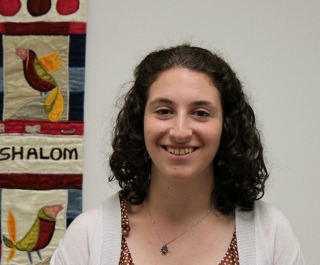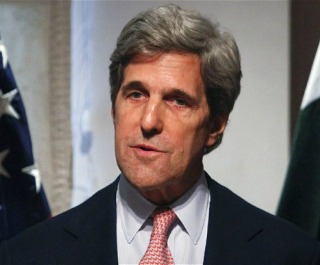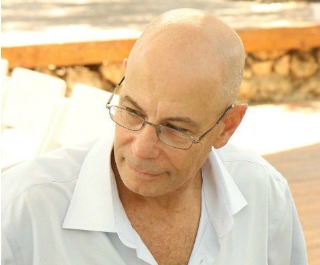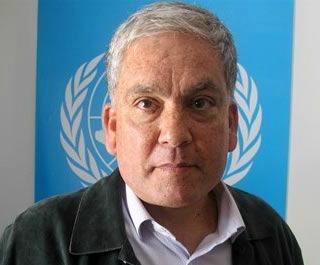 by APN's summer intern Hannah Ehlers
by APN's summer intern Hannah Ehlers
Early in my Jewish education, I was taught that, as Jews and as human beings living in an imperfect world, we are
obligated to stand up and speak out in the face of injustice. However small or large the perceived wrong, and
despite our shaking legs and cracking voices or a powerful and vocal opposition trying to silence us, it is our
duty as Jews to confront injustice. As a Reform Jew, I was taught to question and to think critically about the
world, my faith, and my personal views and perceptions. And yet, when it came to Israel, there existed in the
Jewish community a sort of unwritten rule, an unspoken promise not to question Israel or its policies. I would
later discover that this attitude reflected the larger American and international Jewish community and many
communal institutions. Although my Hebrew school classmates and I were encouraged to struggle and wrestle with God
and Jewish theology, and to have a complicated relationship with American society, we subconsciously subscribed to
the attitude, based on fear, that any criticism of Israel was a threat to the Jewish people.
 Listen to APN briefing call from Monday, August 4.
Listen to APN briefing call from Monday, August 4.


 Update: this action, now closed, ran from July-August 2014.
Update: this action, now closed, ran from July-August 2014.

 by APN's summer intern Hannah Ehlers
by APN's summer intern Hannah Ehlers

 Christopher Gunness, the Jerusalem-based spokesperson of UNRWA, the United Nations agency that
serves Palestinian refugees, joined us on July 18 20014, less than 24 hours after Israel's ground campaign in
the Gaza Strip started, to review the humanitarian situation in Gaza and the reconstruction challenge that faces
the residents of the Gaza Strip and UNRWA.
Christopher Gunness, the Jerusalem-based spokesperson of UNRWA, the United Nations agency that
serves Palestinian refugees, joined us on July 18 20014, less than 24 hours after Israel's ground campaign in
the Gaza Strip started, to review the humanitarian situation in Gaza and the reconstruction challenge that faces
the residents of the Gaza Strip and UNRWA.